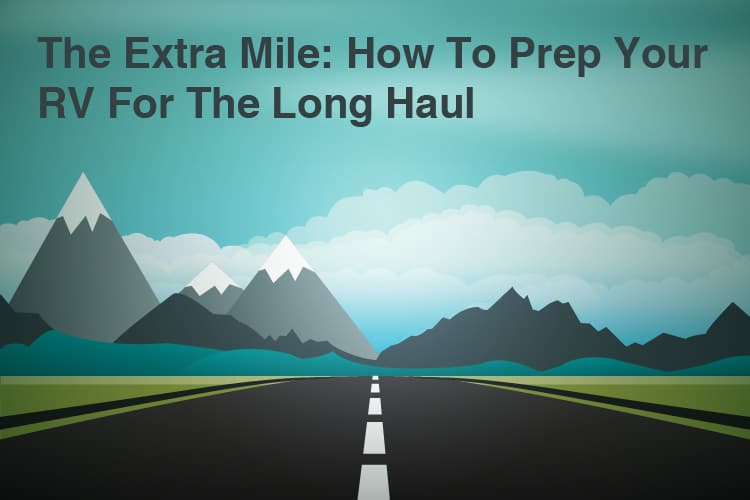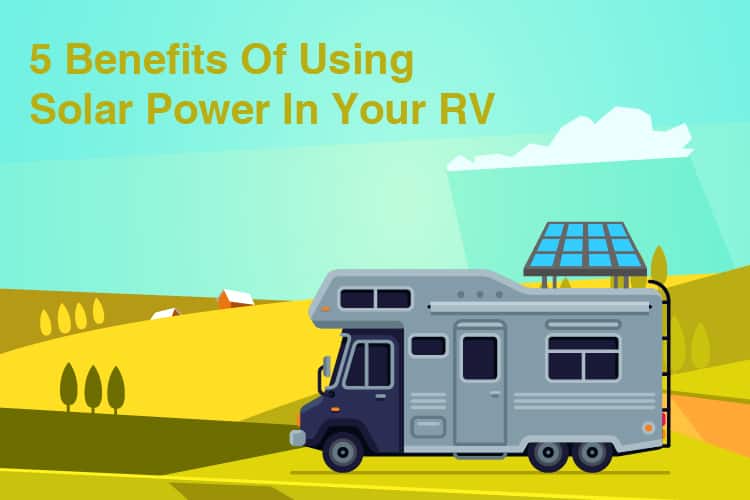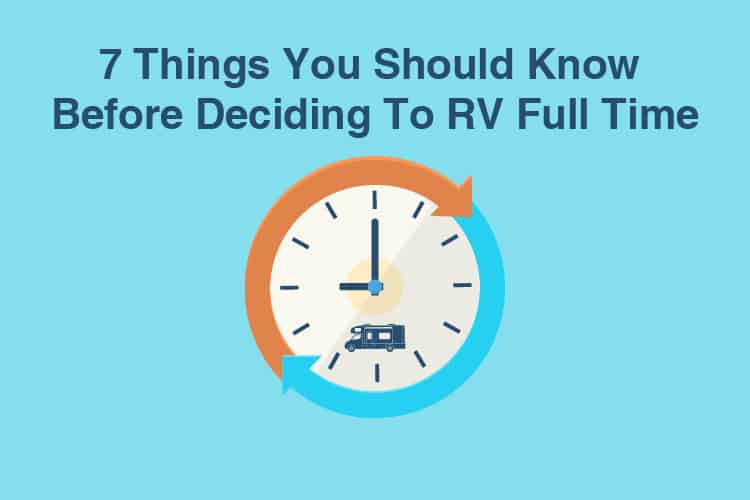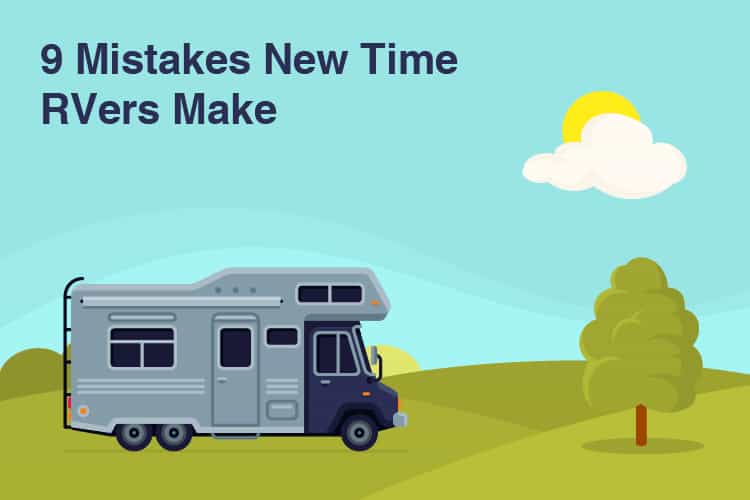We get it.
Whether you’ve got countless weekend trips under your belt or you’re about to embark on your first ever expedition, planning your first big RV adventure can be kind of intimidating.
Fortunately, we’re here to help.
We’ve learned from enough of our mistakes so that you won’t have to.
In this article, we’ll walk you through some important things you should be aware of before you head out, and point out a couple of items you won’t want to forget.
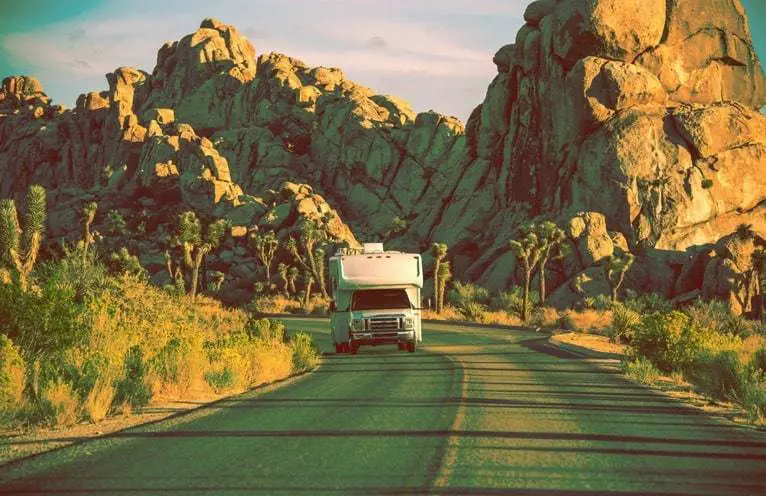
Maintenance
Long trips can be tough on a vehicle, so make sure your RV has been recently checked out by a mechanic to avoid any issues on the road.
The more knowledge you have of how your RV runs, the better off you’ll be. Bringing along a set of basic tools can get you out of some sticky situations if you have a general understanding of the issue at hand.
It’s amazing how many spills take place when all your surfaces move.
Keeping your RV clean and sanitary can be an unexpected challenge in such a small and mobile space.
Fortunately, cleaning tools and products are more efficient and convenient than ever. You should always keep a few extra trash bags, a box of disinfectant wipes, and a bottle of all-purpose cleaner on hand.
Food
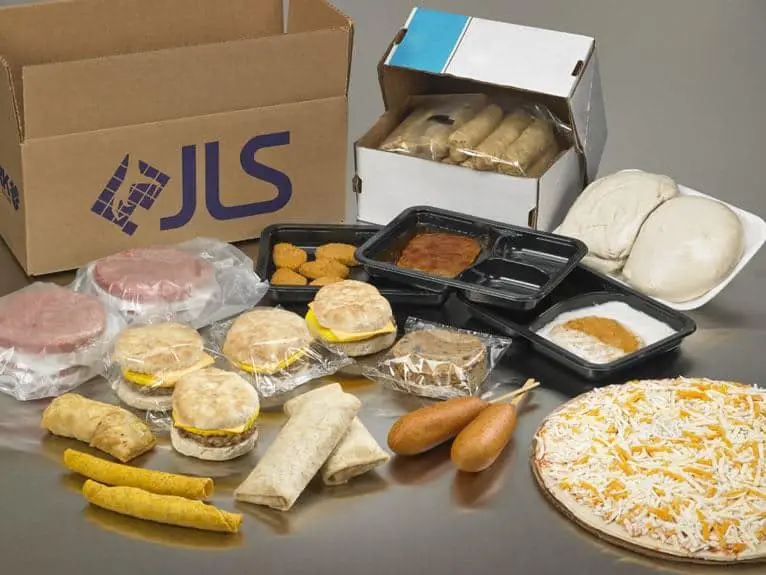
First time RV travelers tend to make one of two mistakes when it comes to packing their food.
They either grossly underestimate the dietary requirements of the average human body, or they pack enough dry goods to last an entire family through the apocalypse. The best way to determine the appropriate amount of food you’ll need is to meal plan.
This might take some time, but by analyzing the groceries you buy and meals you make currently, you can figure out a decent estimation of how much you’ll need per day/week/etc. for your group.
Also, make sure to turn your refrigerator on at least 48 hours before you load it up with food to make sure it’s reached safe enough temperatures.
Storage
You almost always have less storage than you think.
All those cabinets and closets might seem like they’ll provide more than sufficient storage space when they’re empty, but something strange happens when you start to fill them up.
Suddenly, you’re out of space with only a quarter of your food packed. Prepare for less storage than you have. Always.
It’s also incredibly important to have some kind of organizational system before you start to pack.
Clear plastic bins are ideal if you want to avoid wasting time digging through boxes looking for whatever you need at that moment. Separate out your things by category and label your bins with permanent markers.
Keep the things you think you’ll need most often (kitchen supplies, plates & cutlery, etc.) in places that are easiest to access, and the things you need more seldom (spare batteries, tools, etc.) in deeper storage or less convenient locations.
Activities
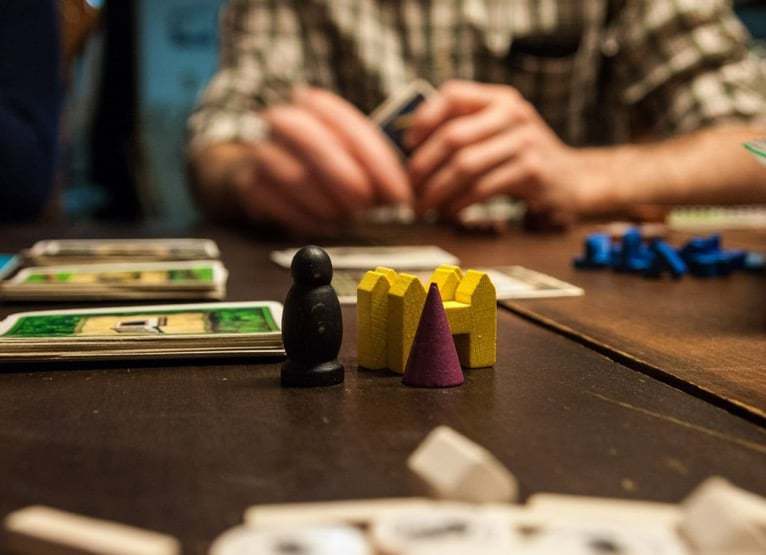
Life on the road is incredible and every day is filled with adventure…but that doesn’t mean every single moment is.
Prepare yourself for the downtime of RV travel as well as the excitement.
If you’re traveling with kids, this goes tenfold. That doesn’t mean dedicating an entire closet to board games, there are plenty of space-efficient means to stay entertained for weeks.
A simple deck of cards can provide endless hours of entertainment alone. If you’re into movies, look into storing your collection on an external hard drive, these allow you to pack thousands of movies in a single, small device.
A pack of crayons and a coloring book, or an e-reader loaded with regular books, are some other awesome, space-efficient options.
Plan B
Even the best of plans can fail.
No matter how much preparation you might have put into planning your trip, you should also be prepared for that plan to take a nosedive.
Take a moment and think of what all could possibly go wrong.
Driving through a snowy climate? Might be a good idea to throw in a shovel or a bag of cat litter in case you get stuck.
Not planning on plugging in? A spare battery or charging port could get you out of some sticky situations.
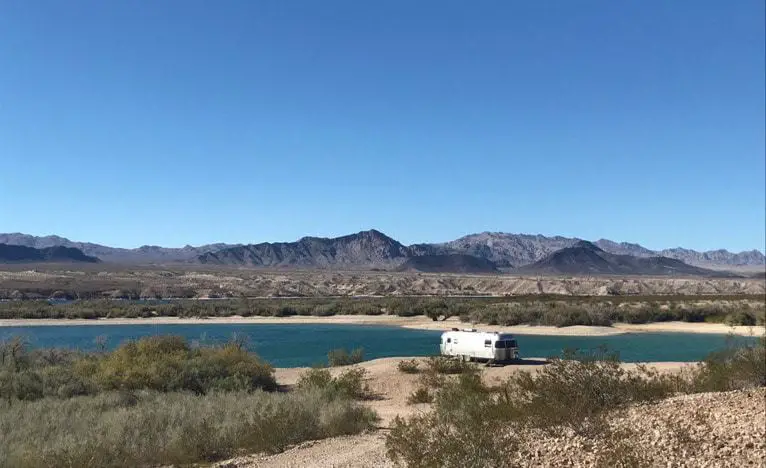
The more remote and off-the-grid your adventures take you, the more prepared you should be for a disaster.
Even if you can’t imagine a scenario playing out that would leave you in an emergency situation, it’s always better to be safe than sorry.
Some items that can’t hurt to pack along include a flashlight, extra water, batteries, duct tape, air pressure gauge, screwdriver, matches or a lighter, a compass, and a physical map covering everywhere you plan to travel (and maybe a bit outside that as well).
You can do this. If you plan and prepare for the challenges ahead, you have nothing to worry about. And remember that if worse comes to worse, at least it will be an adventure.
So, what do you think? Are you ready?
Related – Guide to storing your RV at home


